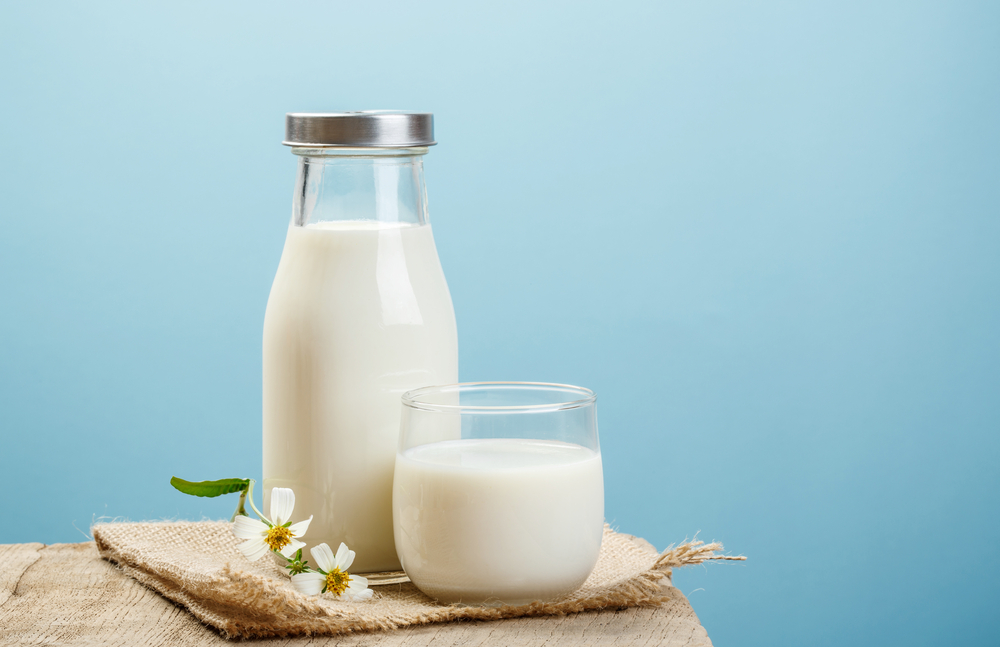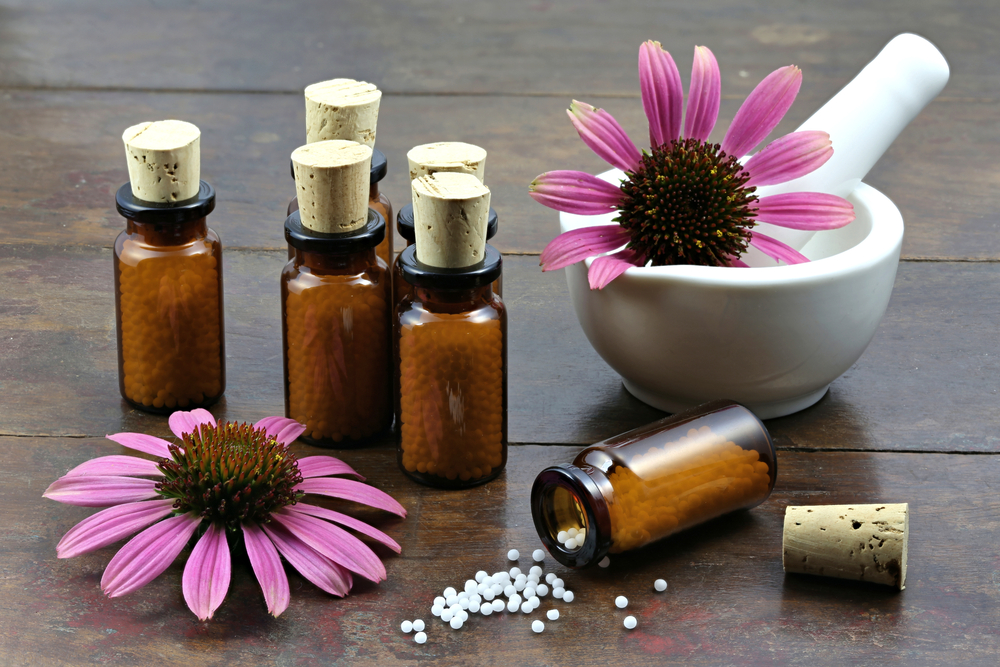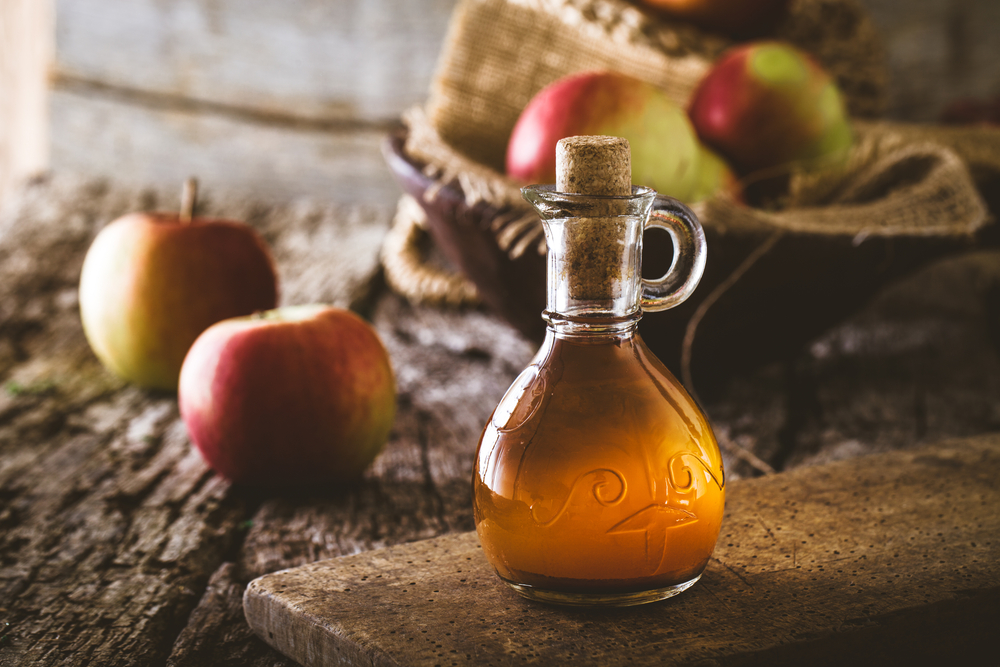Contents:
- Medical Video: Improve Eyesight With These 7 Foods
- Vitamin A
- Carotenoids
- Lycopene
- Vitamin C
- Bioflavonoids
- Vitamin E
Medical Video: Improve Eyesight With These 7 Foods
Good nutrition can be a fuel for your body, contribute to eye health, and even affect how your mind works.
In your teen years, a healthy diet is very important to keep you alert and strengthen your muscles and bones. The choice of wise foods also helps keep your skin smooth and clean to increase your confidence.
In addition to providing the energy you need to move to school, exercise, and do other activities, good nutrition also plays an important role in maintaining eye health. Starting good eating habits as a teenager will help with vision in the best conditions, maintain a healthy weight as an adult, and can reduce the risk of certain serious eye problems later in life, including cataracts, macular degeneration, and diabetes retinopathy.
The following are key vitamins and nutrients that play an important role in good vision:
Vitamin A
Vitamin A, usually the first ingredient on a multivitamin bottle label, is very important to maintain your child's eye health.
Vitamin A deficiency can cause vision problems at night. This can also cause dry eyes quite severe, which can cause eye infections and loss of vision.
Carotenoids
Other important nutrients for your child's eyes and vision are yellow, orange, and red pigments in fruits, as well as vegetables called carotenoids.
Pro-vitamin A carotenoids. Alpha-carotene, beta-carotene and beta-cryptoxanthin are called pro-vitamin A carotenoids, because your child's body converts these vitamins to vitamin A during digestion.
Lutein and zeaxanthin. Lutein and zeaxanthin are important substances for your child's eyes, because they help protect the retina of the eye from damage caused by exposure to harmful sunlight, namely ultraviolet (UV) and high-energy light or High-Energy Visible (HEV). Too long exposure to UV and HEV rays can damage the retina and increase the risk of developing macular degeneration.
Lycopene
Lycopene, another type of carotenoid that is important for better vision, is a pigment that gives red tomatoes. The more lycopene content, the more red tomatoes. Apart from tomatoes and tomato juice, sources of lycopene include watermelon, oranges, apricots and blood oranges.
Vitamin C
Vitamin C (also called ascorbic acid), is a water-soluble vitamin and a powerful antioxidant, abundant in many fruits and vegetables. The sources include oranges and orange juice, red and green peppers, oranges, strawberries, broccoli and kale.
Vitamin C is also very important for your child's eyes. Studies show that vitamin C supplements can reduce the risk of cataracts and macular degeneration later in life.
Bioflavonoids
Bioflavonoids (also called flavonoids) are a large family of natural pigments found in many fruits and vegetables that are the same as sources of vitamin C.
Vitamin E
Vitamin E, a powerful antioxidant vitamin, helps your child's body produce red blood cells. This vitamin can also help reduce the risk of cardiovascular disease and prevent certain types of cancer. The study also shows that vitamin E can help maintain good vision throughout your child's life by reducing the risk of cataracts and macular degeneration.
The following are 7 foods that have the nutrients needed and can help maintain the health of your child's eyes:
- CARROT. Provides powerful vitamin A and beta-carotene antioxidants. As a source of potassium and fiber, carrots are also good for the whole body.
- UBI. This one food is also rich in vitamin A, beta-carotene, potassium and fiber, such as carrots. This can happen maybe because it's both orange!
- STRAWBERRY. This fruit also has vitamin C, plus folate (vitamin B), fiber and various cancer-preventing phytonutrients.
- ORANGE. This fruit is a "bomb" of vitamin C and contains potassium, fiber, calcium and folic acid.
- ALMOND. Almonds contain vitamin E, along with monounsaturated fatty acids.
- SPINACH. This vegetable is loaded with lutein. Consuming a lot of green leafy vegetables can reduce the risk of macular degeneration. Other good things in spinach are iron, vitamin K, and folate.
- SALMON. This fish contains more omega-3 fatty acids than other marine fish.












